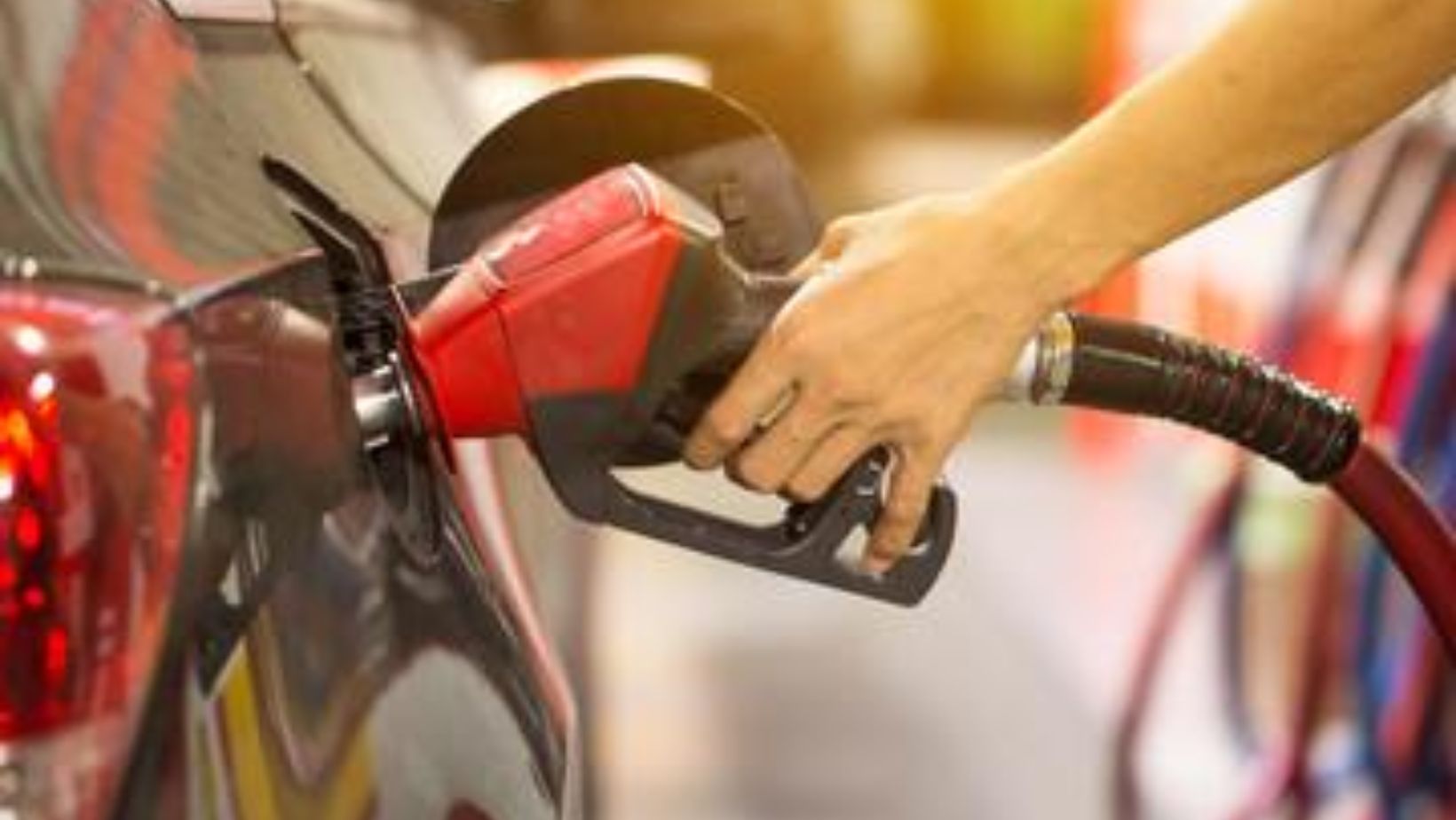How to Choose the Right Fuel for Your Vehicle?

Picking the right fuel for your car is among the various methods to enhance your vehicle’s fuel efficiency. It’s also a proactive way to improve the car’s engine performance and avoid frequent, costly visits to the automobile repair shop.
But if you’re new to fuels, it’s natural to feel overwhelmed when looking for the correct fuel type for your car. It doesn’t help that many automobiles don’t come with elaborate fuel guides.
Fortunately, we’ve prepared a comprehensive guide to the right fuel for your vehicle. Read on and be inspired.
Why Does This Information Matter?
The automobile industry is a rapidly-evolving sector. Not only has the past few years witnessed a growing number of automakers producing high-end vehicle models, but also an increase in the demand for motor vehicle accessories. Most car accessories are structural components intended to be fitted temporarily or permanently into the vehicle’s construction. Others come in the form of special containers for holding fuel, such as jerry cans.
A jerry can may not come across as a necessary purchase for many new car owners. But that’s until you run out of fuel in the middle of nowhere, with the nearest gas station located miles away. The good news is that there are multiple stores near you where you can purchase high-quality jerry cans and ensure you always have enough fuel reservoirs when going on long road trips. One such outlet is Front Runner Domestic.
Front Runner deals in a variety of auto accessories. The company’s fuel jerry cans come in different designs, sizes, and colors. They also supply a wide range of jerry can holders, lid seals, and other accessories. But before purchasing a jerry can, it’s essential to understand the fuel type your car is designed for. Of more significance is knowing the dangers of using the wrong fuel.
The biggest problem with using the wrong car fuel is that your car’s engine won’t be able to process it effectively. The fuel may fail to ignite the engine altogether. And even if it does, the engine will still not run correctly. Using the wrong fuel type may also damage other components of your car, such as the catalytic converter and the fuel system. Depending on how long this persists, an incorrect engine grade may significantly lower your automobile’s overall performance.
Therefore, it’s essential to act swiftly if you suspect that your car has been running on the wrong fuel. And that brings us back to our question – how do you choose the correct fuel for your car?
Choosing the Correct Car Fuel
Know The Energy Sources Your Car’s Engine Runs On
While this may sound like a no-brainer, it pays to familiarize yourself with the energy source that powers your vehicle. Most automobiles worldwide run on two fuel types – gasoline and diesel, with gasoline being more available than diesel. Gasoline is a special fuel type extracted from petroleum, which explains why it’s regionally known as petrol. Diesel is also made from petroleum.
The difference between gasoline and diesel lies in the refining methods used. Diesel is considerably easier to refine but tends to contain more pollutants than gasoline. Other less-common energy sources used for powering automobiles include ethanol, bio-diesel, propane, hydrogen, compressed natural gas (CNG), and electric batteries.
Understand the Fuel Grades
Since most automobiles worldwide run on gasoline, this energy source should be your primary focus when trying to understand fuel grading. Gasoline is commonly available in three different octane ratings, simply known as “grades.” Grades derive their names from their research octane number (RON) and anti-knock index (AKI) of a specific formula.
Octane number (or octane rating) is a standard for measuring a fuel’s ability to withstand compression inside an internal combustion engine without detonating. A higher octane number translates to better fuel resilience. The anti-knock index, on the other hand, denotes a fuel’s minimum octane rating.
The three different gasoline grades include;
- 87 AKI – The lowest octane rating and the cheapest gasoline option available
- 88-90 AKI – Mid-grade octane rating, which also fetches mid-range prices
- 90-94 AKI – Premium or the highest-grade gasoline, and unsurprisingly the most expensive of the three
Choose a Fuel Grade Recommended For Your Car
The different fuel grades don’t combust in the same way. The lower the octane rating, the faster and stronger it combusts when pressurized. Experts recommend fueling your car with premium-grade gasoline if it’s an SUV or sports car. That’s because the motors of such automobiles produce more fuel compression for enhanced drivability.
However, note that premium-grade fuel doesn’t automatically guarantee better fuel efficiency. Such fuels may work better for SUVs and sports cars but not for vehicles designed to be powered with lower or mid-ranged fuel grade.
Can You Put Gas In A Diesel Engine?
Gas and diesel engines differ considerably in their combustion ratios. Therefore, filling a diesel tank with gasoline will cause your car to stop working. The fuel will simply remain in the tank, where it could damage the car’s internal components. However, the bigger problem comes when you put gas in a diesel engine. Gasoline will increase the friction between the various components of your engine, resulting in severe and expensive damages.
Final Word
Choosing the right fuel for your car is an ingenious way of preserving the vehicle’s engine integrity while also improving its fuel economy. We hope you can use this article as a guide the next time you hit the gas station.



